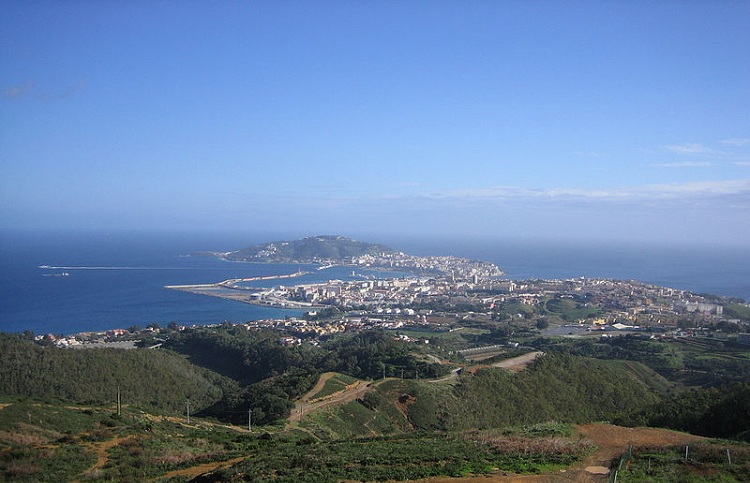The Dipomat
A good part of the measures that Morocco has been adopting in recent times with regard to Spain, and in particular with regard to Ceuta and Melilla, fall into what experts consider to be a hybrid strategy to end up taking over the sovereignty of these two enclaves but avoiding direct confrontation, reports Europa Press.
This is the main conclusion of the report ‘Morocco’s claims over Ceuta and Melilla from a grey zone perspective’, published by the Observatorio de Ceuta y Melilla and drawn up by Josep Baqués, professor of Political Science at the University of Barcelona, Javier Jordán, professor of Political Science at the University of Granada, Manuel R. Torres, professor of Political Science at the Pablo de Olavide University in Seville, and Guillem Colom, professor of Political Science at the same university.
In it, they analyse the steps taken by Morocco in recent years to see if they fit into what in geopolitics is called the grey zone, which seeks to alter the ‘status quo’ with another country, in this case Spain, and thereby achieve ‘ends similar to those of a war, but without war’.
Two of the distinctive characteristics of the grey zone are ambiguity, i.e. the difficulty of verifying that it is really a state that is behind certain actions, and on the other hand, gradualism, since the effects that are sought are medium and long-term.
In this specific case, the goal to be achieved is sovereignty over Ceuta and Melilla, as well as the rest of the Spanish rocks and islands in the area, and their territorial waters, although for the time being, according to the authors, “Morocco’s situation is far from desperate” since taking over these enclaves “would not bring either economic benefits or relevant strategic benefits”.
The adoption of the so-called grey zone requires “a narrative that sustains it”, generally anchored in history and law. “For such a narrative to be effective, it does not need to pass any test of truth”, the authors stress, but “what is important is that it is a discourse that has the capacity to appeal to the right audience, at home and abroad (…) even if it is at the cost of its rigorousness”. It is, they stress, “a clash of legitimacies, disguised as a clash of legalities”.
What this narrative seeks to do is to mobilise the civilian population in favour of the cause, but there is a risk that the state will end up “playing with the lives” of its own citizens. At this point, the authors point out that the migration crisis in Ceuta last May would fit perfectly into a case of manipulation by Morocco to serve its objectives.
The report reviews a series of events in recent years, such as the decision to recall its ambassador for consultations in 2007 in ‘rejection’ of the visit of the King and Queen of Spain to Ceuta and Melilla, or the issuing in 2010 of Moroccan passports to people born in Ceuta and Melilla identifying these territories as Moroccan.
Added to this is the unilateral closure by Rabat in 2018 of the commercial border between Melilla and Morocco, with the aim of “favouring the port of Nador” but which “is having severe consequences on Melilla’s economy”. This coincides with another of the key elements of the grey zone, the deployment of economic pressure measures, with a view to weakening the territory over which it operates”.







